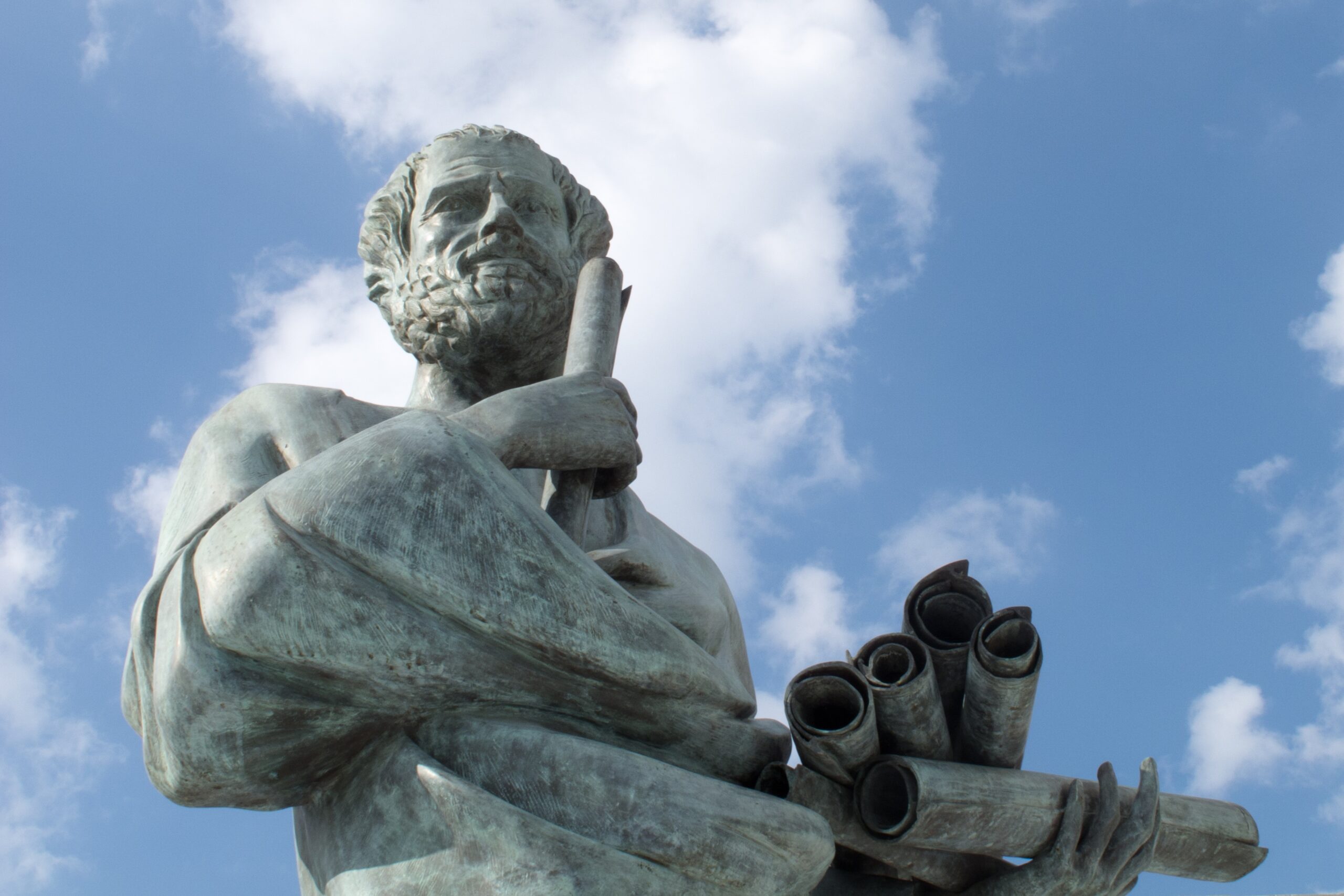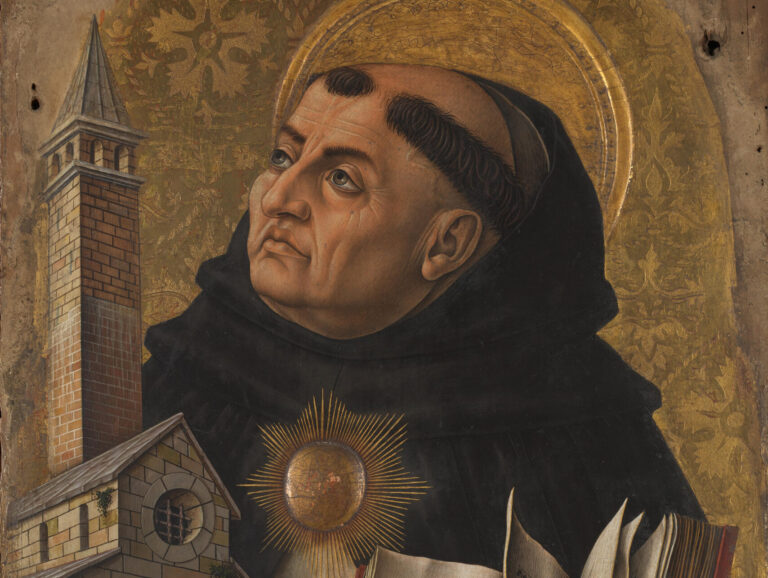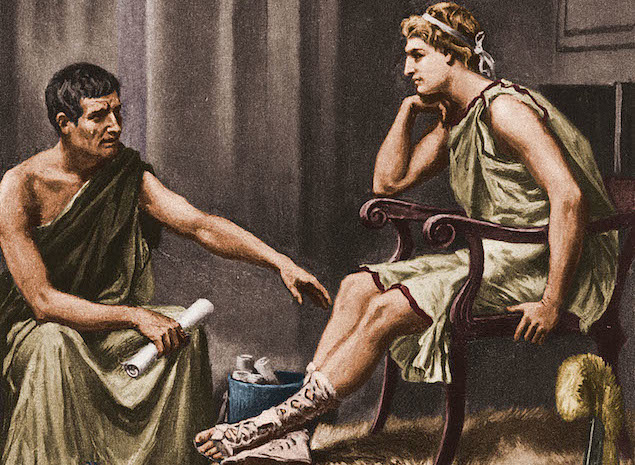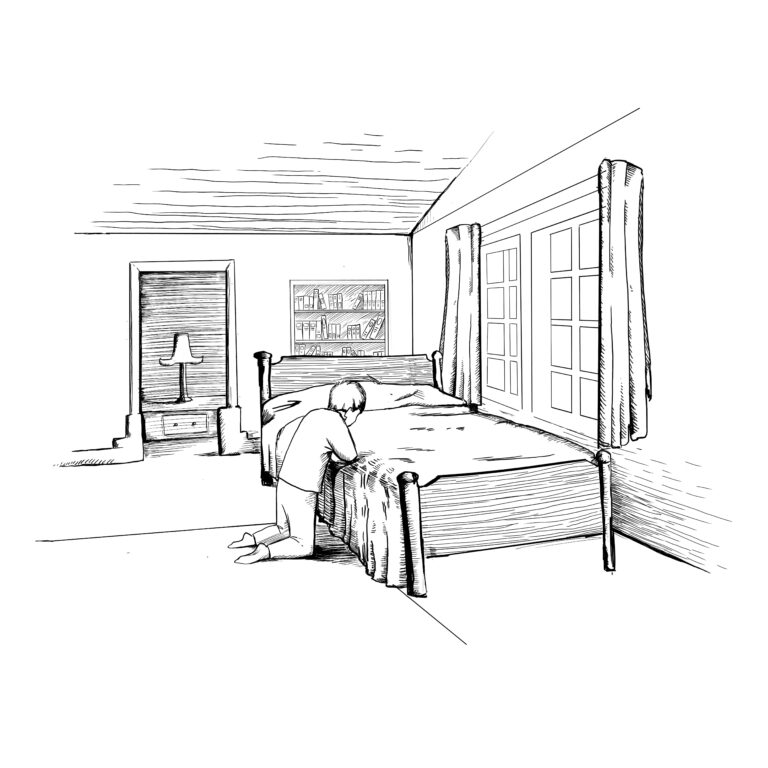Aristotle on What Makes Human Beings Happy
What makes human beings happy?
It’s the million-dollar question. If you solve that one and follow through on implementing its answer in your life, you’ll be, well, happy. And it’s hard to beat that.
Speaking of a million dollars, a recent survey found that most Americans believe that money can, in fact, buy happiness. Researchers found that as earnings rose among the survey pool, so did their self-reported happiness. Higher incomes seemed to correlate with happier lives.
But is this the whole story on human happiness?
In our online course “Introduction to Aristotle’s Ethics: How to Lead a Good Life,” Dr. Larry P. Arnn and his students discuss the many claims people make about possible sources of happiness: wealth, honor, health, pleasure. They conclude that none of these are bad things, but they’re not sufficient for leading a truly happy life.
If not these, what is enough?
For Aristotle, happiness is the ultimate purpose of human life. In the Nicomachean Ethics, he says,
But perhaps to say that the highest good is happiness is obviously something undisputed, while it still begs to be said in a more clear and distinct way what happiness is. Now this might come about readily if one were to grasp the work of a human being.
Aristotle is explaining that, in order to grasp what happiness is, we need to better understand the work of a human being. According to Dr. Arnn, “‘Being at work’ is when the virtues are actually engaged.”
Happiness is more than a life of wealth and pleasure. Only through an active life of virtue can true happiness be found.







